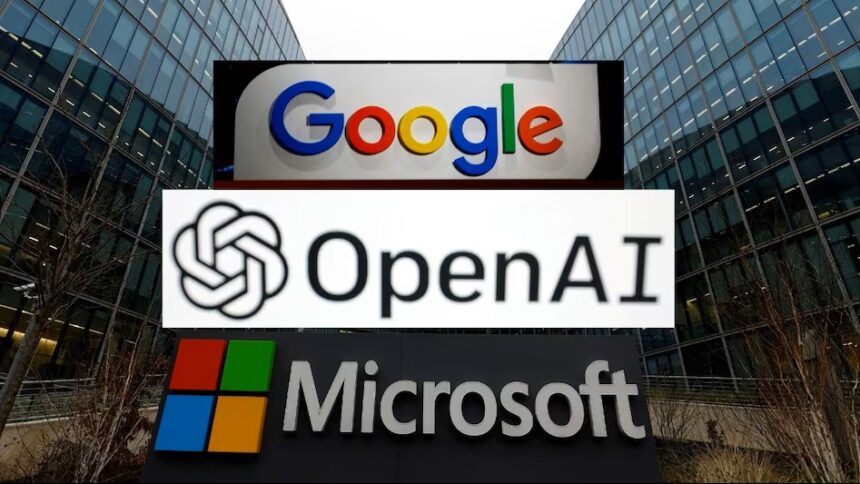The United Kingdom has struck a landmark £31bn “Tech Prosperity Deal” with US tech giants, positioning itself as a contender in the global race for artificial intelligence (AI) leadership. Microsoft, Nvidia, and Google headline the pledges, with promises of new infrastructure, jobs, and what Nvidia chief Jensen Huang boldly described as the UK’s rise as an “AI superpower.”
The announcement coincided with President Donald Trump’s second state visit to the UK, giving the deal a layer of geopolitical significance.
Microsoft confirmed a £22bn ($30bn) package — its largest investment outside the United States. Chief Executive Satya Nadella said the company sees AI as transformative for productivity and growth: “Our hope is not ten years but maybe five.”
Google pledged £5bn for AI research and infrastructure over the next two years, while Nvidia promised up to £11bn in projects, including data centres and what it called the UK’s largest AI infrastructure rollout.
Central to the package is a new supercomputer planned for Essex, first announced in January but now joined by Microsoft’s backing.
Prime Minister Sir Keir Starmer said the deal would bring thousands of highly skilled jobs and “put more money in people’s pockets.” A new AI growth zone has been designated in north-east England, where the government projects over 5,000 jobs tied to billions in private investment.
OpenAI, alongside Nvidia and semiconductor giant Arm, announced “Stargate UK” — a scaled-down version of its $500bn US-based project. The Northumberland data centre, officials say, could help drive innovation and attract further investment.
Why it Matters
Despite the excitement, questions remain. Critics argue that energy demands from new AI infrastructure could burden taxpayers. The campaign group Foxglove warned that “the UK could end up footing the bill for the colossal amounts of power the giants need.”
The creative sector has also raised alarms about copyright, with no guarantees offered by the government on protections against the use of artists’ work by AI firms.
Nadella himself acknowledged the cyclical nature of technology, noting, “All tech things are about booms and busts and bubbles.” Still, he maintained that AI’s potential in healthcare, public services, and business outweighs the risks.
Supporters have hailed the deal as a breakthrough moment, with the Tony Blair Institute arguing that the UK must now accelerate clean energy projects and digital infrastructure to make the investment sustainable.
The partnership may mark a turning point in Britain’s tech ambitions. Yet the question lingers: is the UK shaping its own AI destiny, or simply hosting the ambitions of US tech giants?
Talking Points
The UK’s deal shows how Big Tech is no longer just selling services but actively shaping national economic strategies.
This is not philanthropy; it’s geopolitics. For Africa, the lesson is clear: if we do not position ourselves strategically, we risk being mere consumers in a digital empire controlled elsewhere.
The UK celebrates “5,000 jobs,” but let’s be blunt — in a £31bn deal, that’s crumbs. These investments are infrastructure-heavy, not labour-heavy. The same will happen if such deals land in Africa. The real question: who owns the intellectual property, the data, and ultimately the power?





